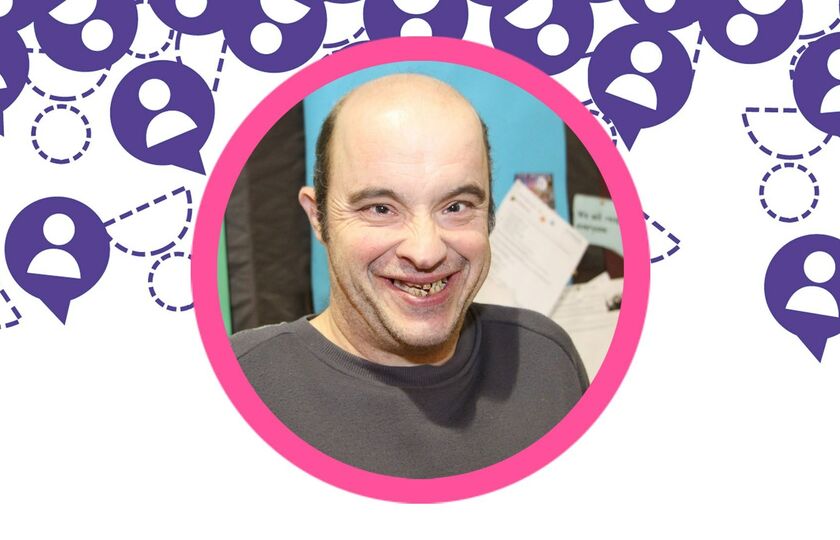Blog
RESPOND – My Life, My Marriage Project
Research indicates that people with a learning disability can be forced into marriage and many cases can go unreported.
We at RESPOND work proactively to ensure that vulnerable individuals at risk are supported and know their rights too.
Government statistics indicate that in 2017 advice or support was provided to 1196 cases of a possible forced marriage (statistics in this article are taken from the Forced Marriage Unit Statistics Report 2017). From this number, 125 of these involved individuals with a learning disability. Of these, 47.2% were female and 52.8% were male. This statistic breaks down the misconception that forced marriage only affects women, as men can also be victims.
RESPOND – My Life, My Marriage Project
In response to statistics like those mentioned, the ‘My Life, My Marriage’ Project, was launched in 2015 by RESPOND. This project focuses specifically on people with learning disabilities who have experienced or may potentially be forced into marriage. The project provides advocacy, direct support and training to individuals and professionals. Clients are given support, which is focused on their specific needs and understanding. The service also assists and supports professionals who require training in this area, providing them with the tools to identify and support vulnerable individuals.
What is a Forced Marriage?
A forced marriage is when one or both individuals have been forced, manipulated or coerced into marriage by their parents, carers or close family members who believe they know what is best for the individual. Not only is this against their wishes, but their consent hasn’t been obtained either. In a forced marriage or relationship, the feelings, wellbeing and safety of the individual/s are not considered.
What are the motives for a forced marriage?
People with learning disabilities who have been forced or coerced into marrying occurs for many reasons. A common reason is because a parent would like a carer for their child or even for themselves as they get older and are unable to look after themselves. This can potentially result in the vulnerable individual being abused financially as well as psychologically, emotionally, sexually and physically.
What support is there for people with a learning disability?
RESPOND ensures that more focused support is provided so individuals with learning disabilities are equipped to make their own decisions and can take more control of their lives and relationships. One of the areas in which clients are supported is to understand what a positive loving relationship is, which can lead to a positive healthy marriage should they choose to get married. This not only helps nurture their development but also gives them a sense of independence too.
What does UK law say?
Forcing an individual to marry is considered an abuse of their rights. The UK law is very clear on this matter and legislation states that in any marriage both parties should be consenting. Where consent hasn’t been obtained, then those involved who have forced, coerced or manipulated a vulnerable individual into a marriage are committing a crime. Therefore, if prosecuted, this can result in a sentence of up to seven years in prison. This important legislation along with the work being carried out at RESPOND sets out the clear boundaries between a forced marriage and an arranged marriage.
RESPOND received funding from the Forced Marriage Unit to produce several short films highlighting the serious issue of forced marriage in the lives of people with learning disabilities.
We strive to ensure that these vulnerable individuals are not forgotten and that they always have a choice.
If you would like more information on this important topic or want to book workshops for your organisation, please contact:
Seetal Tank
Project: LeadMy Life, My Marriage
RESPOND
phone: 0207 874 5486 or 0207 387 0700.
Email: seetal.tank@respond.org.uk
www.respond.org.uk
Facebook: @RespondUK
Twitter: @RESPOND_UK
The views expressed in the Supported Loving blog are not necessarily those of Choice Support.
Join the Supported Loving network here or contact Dr Claire Bates for more information about Supported Loving.





